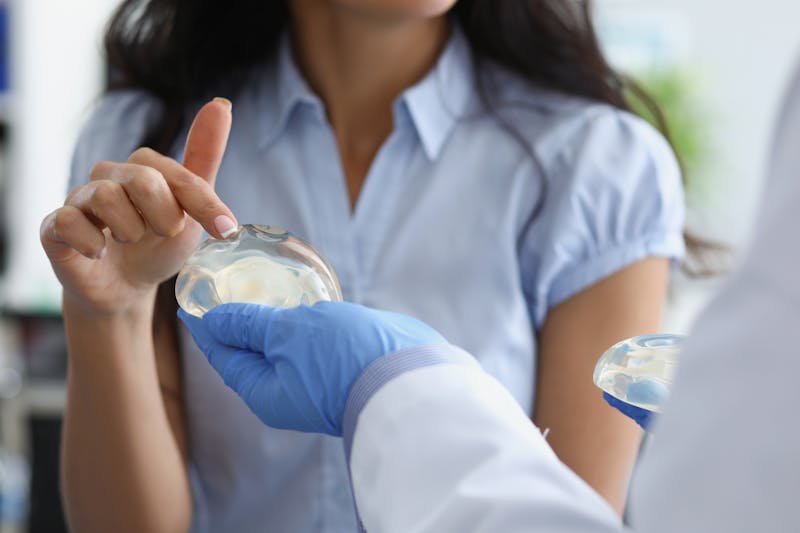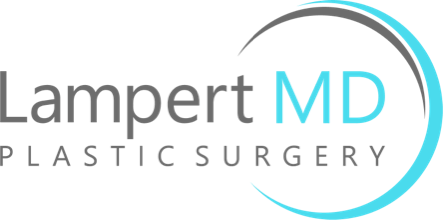
If you are considering breast implants, it’s totally understandable to have concerns about their safety and potential toxicity. At Lampert MD Plastic Surgery, under the guidance of our esteemed founder, Dr. Joshua Lampert, we love helping our patients navigate these questions to help them feel informed and empowered every step of the way. Let's delve into the safety of breast implants together, offering insights to help you make a well-informed decision.
Understanding the Safety of Breast Implants
When considering breast implants, it's natural to wonder about their safety and potential toxicity. You may have heard concerns about the materials used in implants and their impact on your overall health. This is why Dr. Lampert emphasizes the importance of understanding the facts and addressing any worries you may have about the safety of breast implants.
The Composition of Breast Implants
Breast implants are typically composed of silicone gel or saline solution encased in a silicone shell. Worries about the safety and potential toxicity of breast implants typically focus on the materials they are made from. Dr. Lampert explains that extensive research and regulatory oversight have been conducted to ensure the safety and biocompatibility of breast implant materials. Silicone and saline implants are both considered safe for breast augmentation and reconstruction procedures.
Silicone Implants and Safety
Extensive studies and numerous scientific reviews have shown no evidence that silicone breast implants cause systemic health issues or toxicity. The silicone gel used in modern implants is cohesive and designed to stay within the implant shell, reducing the risk of leakage and migration. Dr. Lampert emphasizes that silicone implants are considered safe and have undergone rigorous testing to evaluate their biocompatibility and long-term safety.
Saline Implants and Safety
Saline breast implants are filled with a sterile saltwater solution, which the body can naturally absorb if the implant ruptures. Dr. Lampert notes that saline implants are also considered safe and have a long history of use in breast augmentation and reconstruction surgeries. The biocompatibility of saline solution with the body's tissues contributes to their safety profile.
Regulatory Oversight and Patient Safety
In the United States, breast implants are regulated for safety and effectiveness by the Food and Drug Administration (FDA). Both silicone and saline implants undergo rigorous testing and monitoring to ensure patient safety.
Experience You Can Trust
As you can see, breast implants are considered safe and are not toxic. If you're considering breast implants, it's essential to talk with an experienced plastic surgeon like Dr. Lampert. He will take the time to understand your concerns and provide personalized recommendations based on your unique needs and aesthetic goals. By staying informed and working closely with a trusted surgeon, you can feel confident and assured in your breast augmentation or reconstruction decisions. So if you’re ready to take the next steps, contact us today for a consultation.

